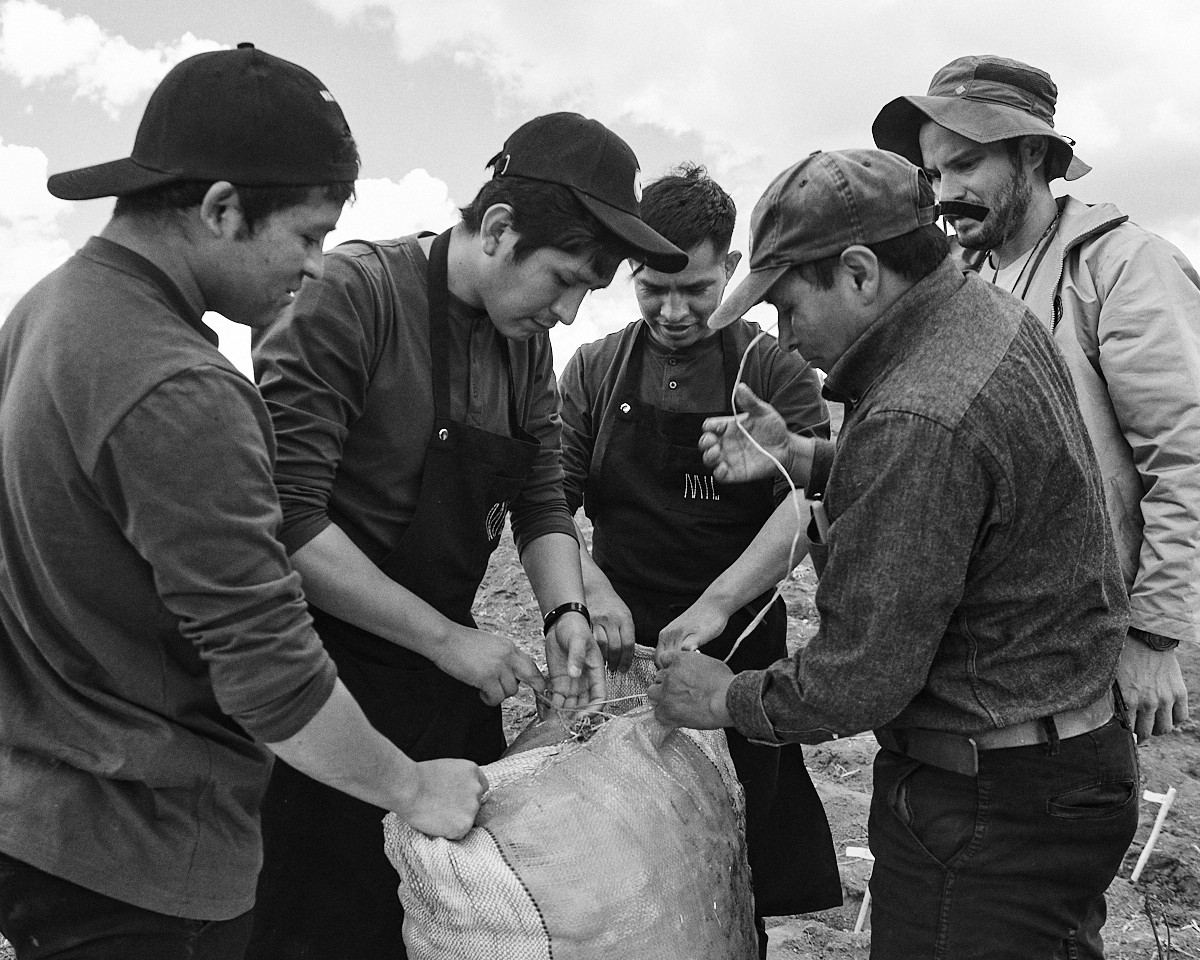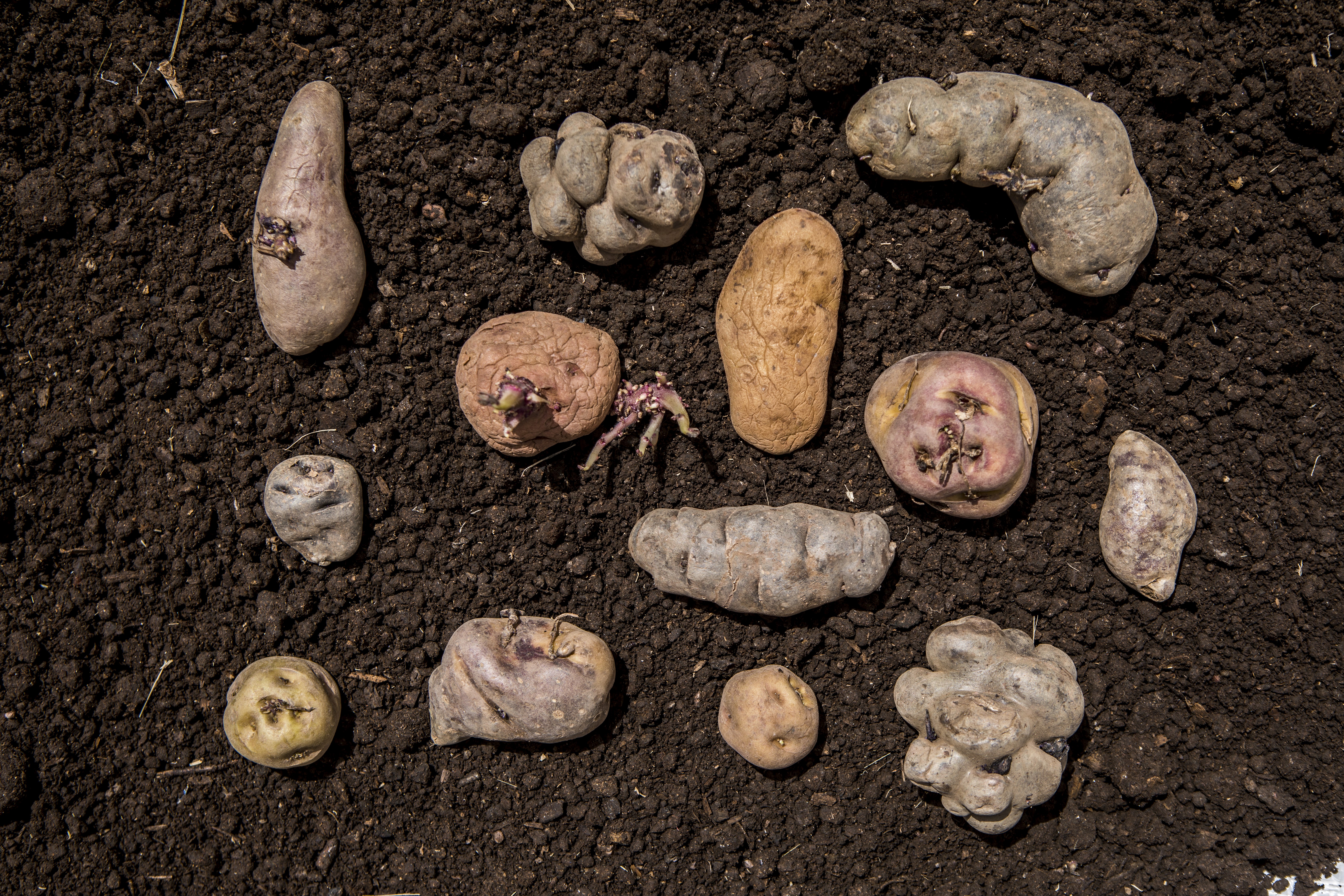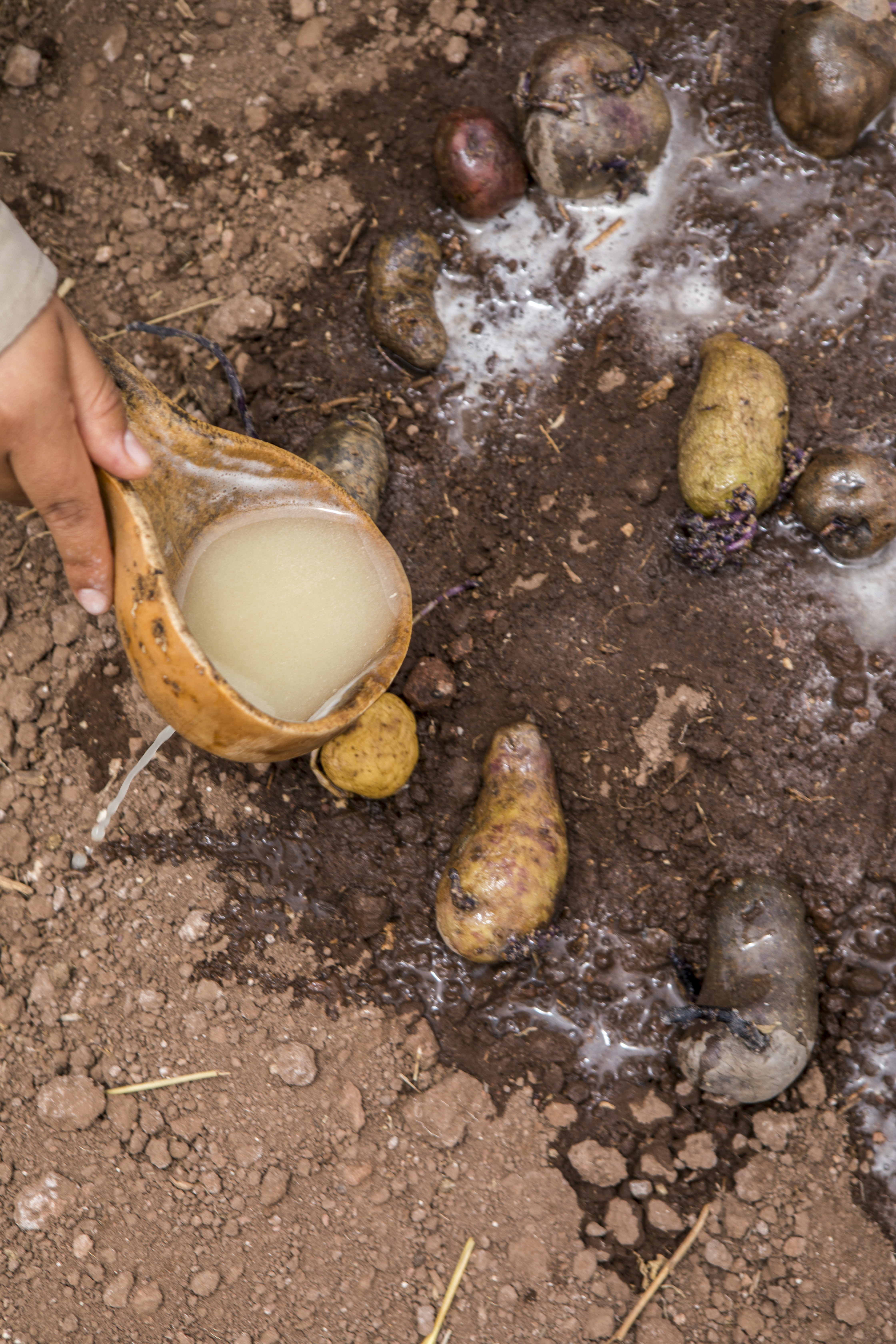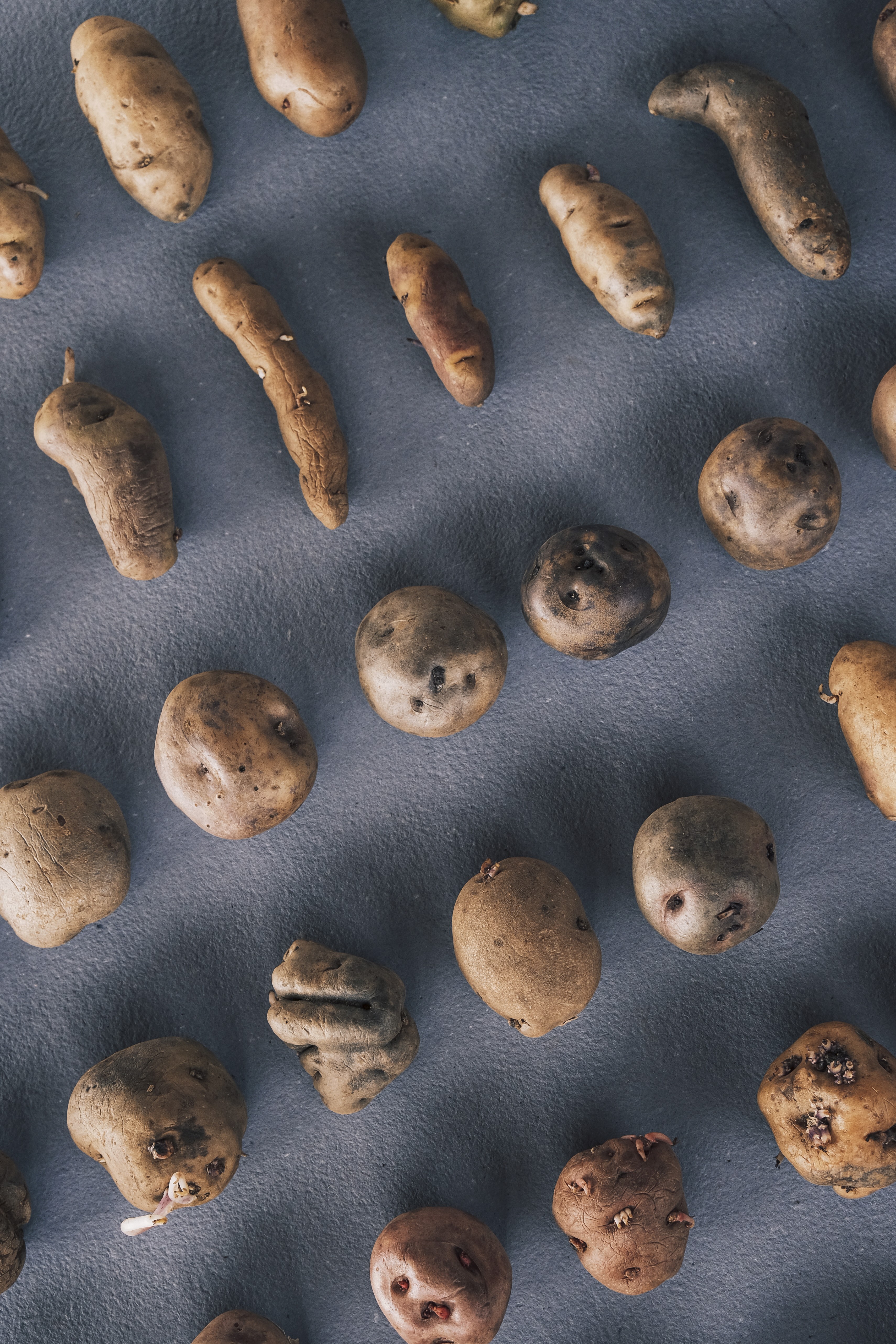
location
MIL Center
Maras, Moray, Cusco
EXECUTION
Since 2018
to date
Mater Team
John Checca
Collaborators
Mullak'as Misminay Community
K'acllaraccay Community
Seed Supply
Santiago Pillco
Cleofé Challco
Inés Carlos
Wilver Uchupe
INIA
A space for experimentation and exchange of knowledge
The purpose of the Chacra is to diversify the species sown and produced locally. To achieve this, we seek to recover seeds from ancient crops at risk and apply ancestral cultivation techniques, while also incorporating sustainable technological methodologies. This work not only guarantees food security but also optimizes the use of efficient seeds, adapting to the scarcity of water in the environment and to changing climate conditions.


First, it acts as an agricultural research site, similar to those used by the ancient inhabitants of these unique Andes. Here, various species are experimented with, being variabilized and adapted to an altitude of 3,600 meters above sea level.
Second, it establishes itself as a direct connection point with the two neighboring peasant communities, Kacllaraccay and Mullakas-Misminay, becoming a place for meeting and exchange.
Finally, we promote agrobiodiversity by providing a greater variety of seeds and products, seeking to reintegrate them into the diet of the locals, which contributes to the food security and identity of the region.
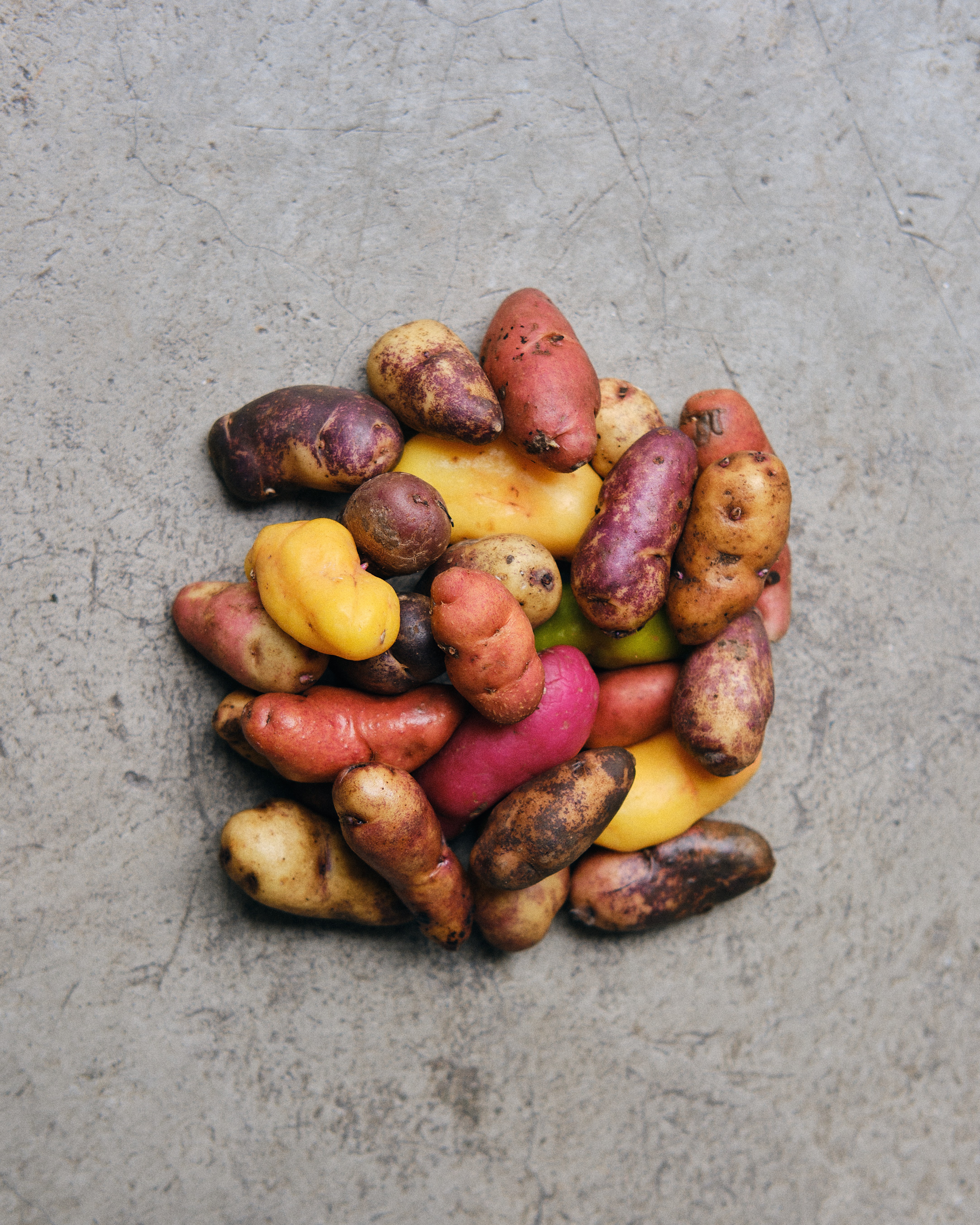

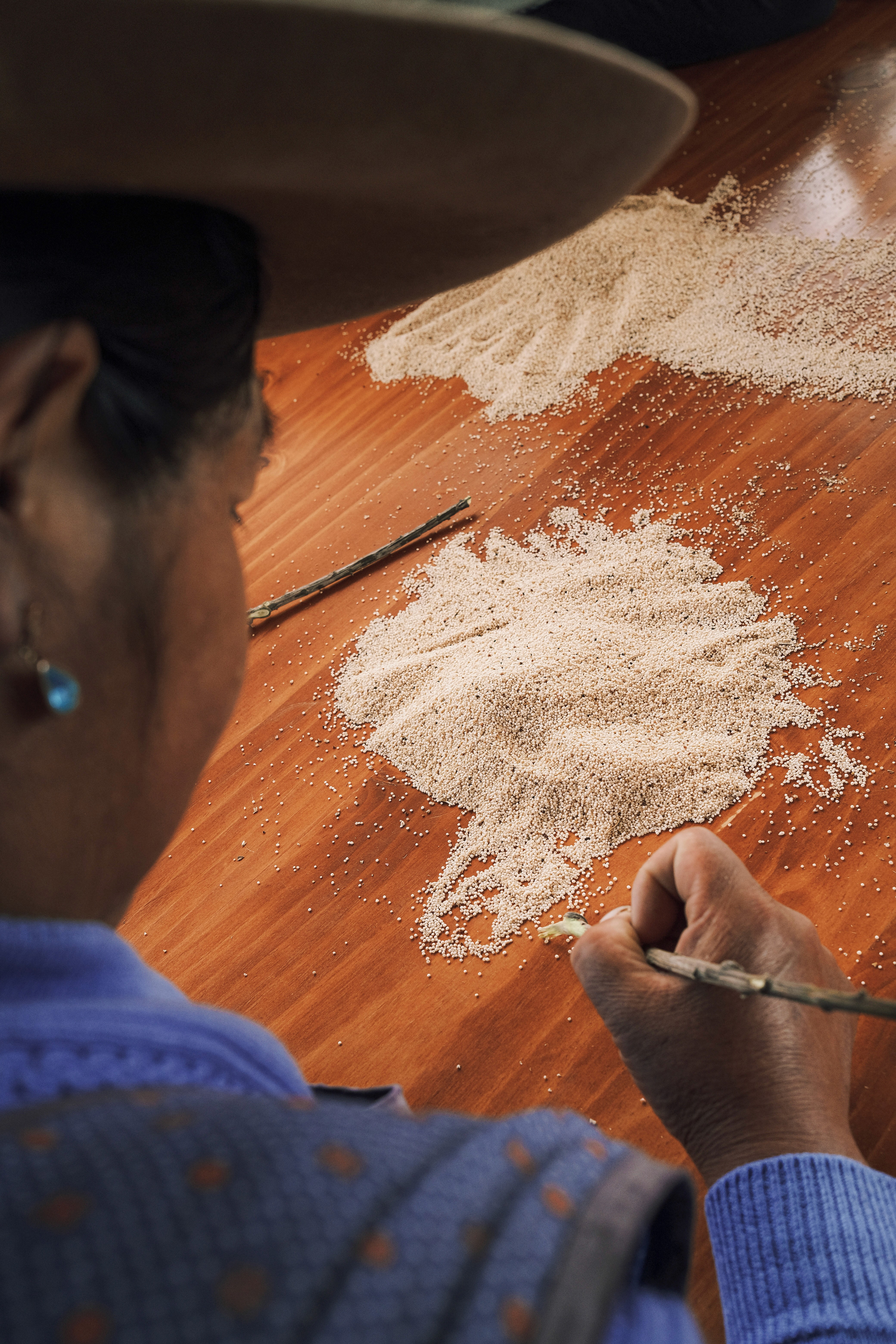
Experimentation
This space aims to diversify the species planted and produced locally. It also seeks to recover seeds from ancient crops at risk of extinction and ensure food security.
Year after year, the selection of Andean crops included in the project is becoming more diverse, including añu, pea, cañihua, varieties of broad beans, kiwicha, lisas, corn, oca, varieties of potato, varieties of quinoa, and tarwi.
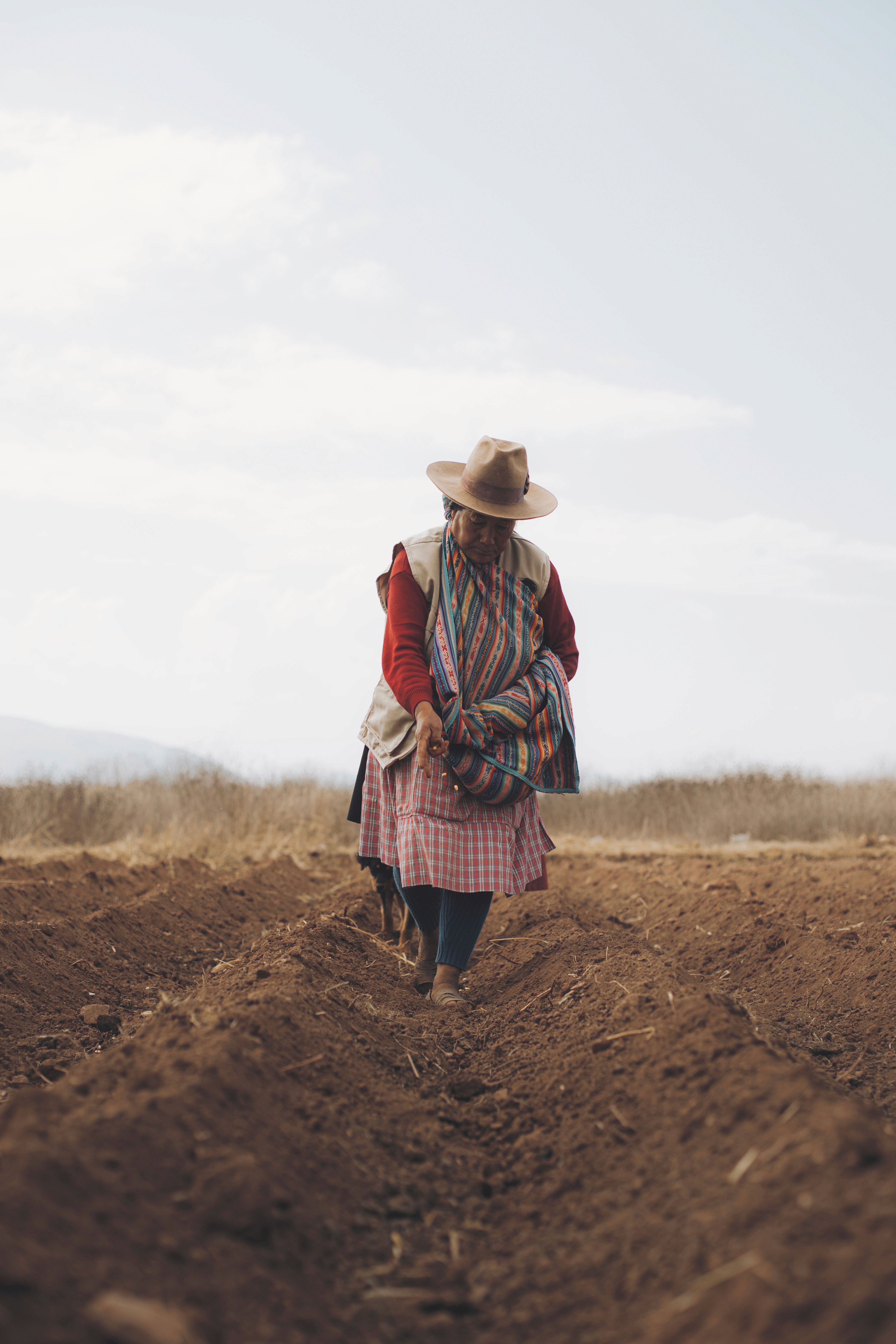
Ayni System
Implementing the AYNI system, which means reciprocity, we promote a rotating work system that allows more people to participate in the harvest.
Every year, after hard work, the food and seeds obtained are distributed equally among those who contributed to the cultivation, thus strengthening the social and community fabric.

The products generated by Chacra MIL are destined for three fundamental purposes: to benefit the participating families in the AYNI system, to supply the MIL kitchen, and to enrich the seed bank, thus ensuring sustainability and agricultural diversity.
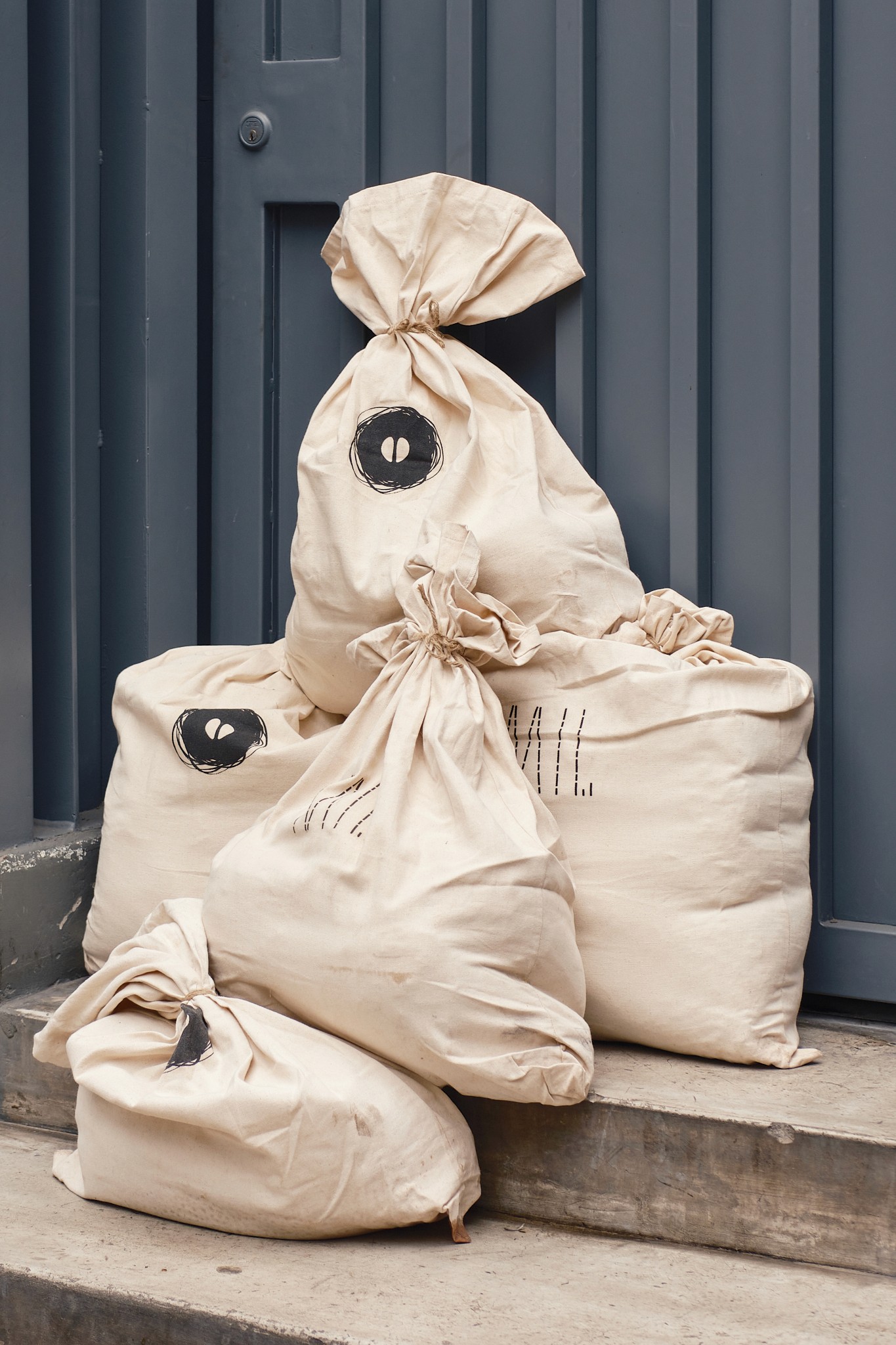
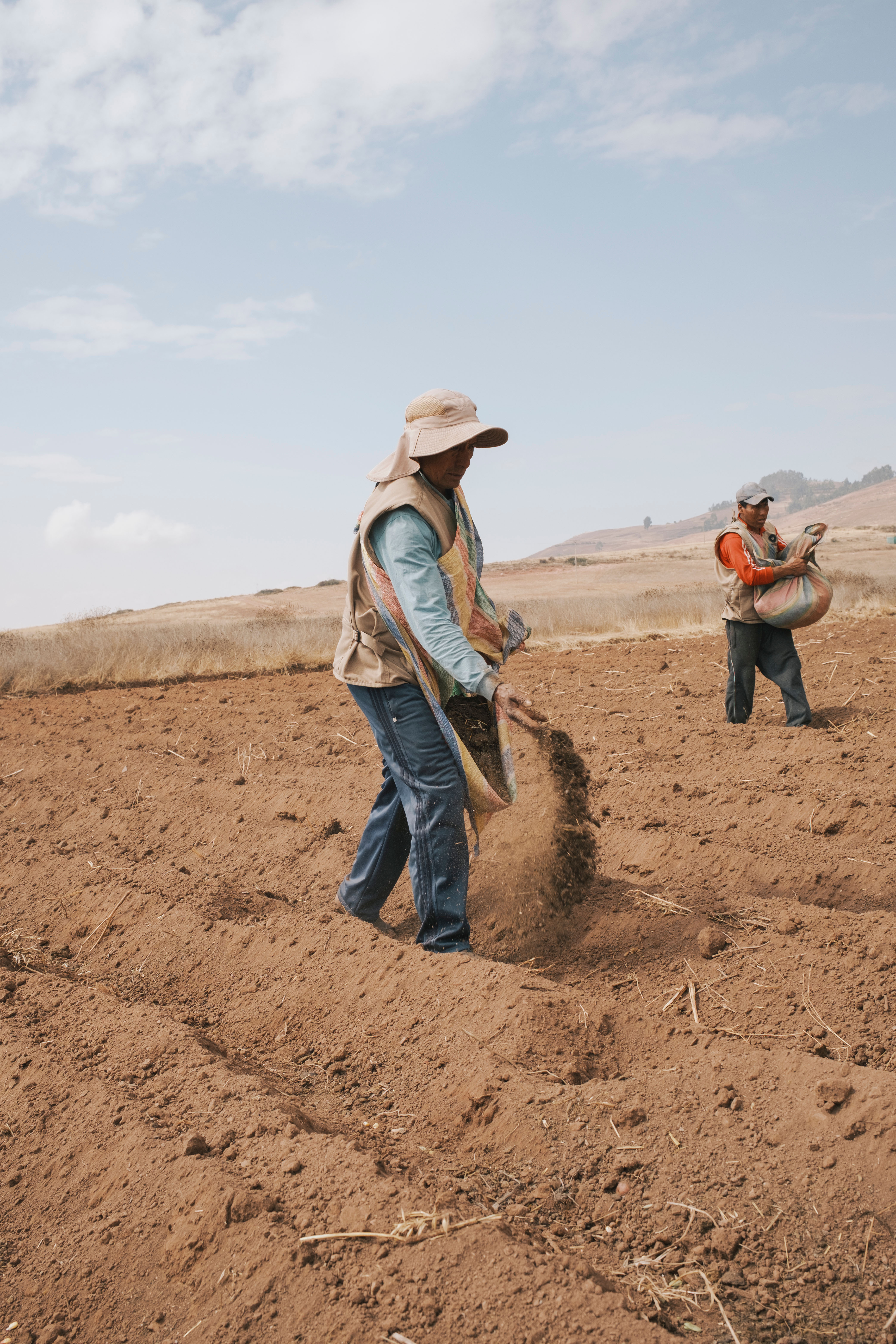
We started the new campaign by implementing Maway, a first planting or early planting of tubers that allows for optimizing crop rotation.
In 2024,
the Chacra MIL
harvested 11 crops
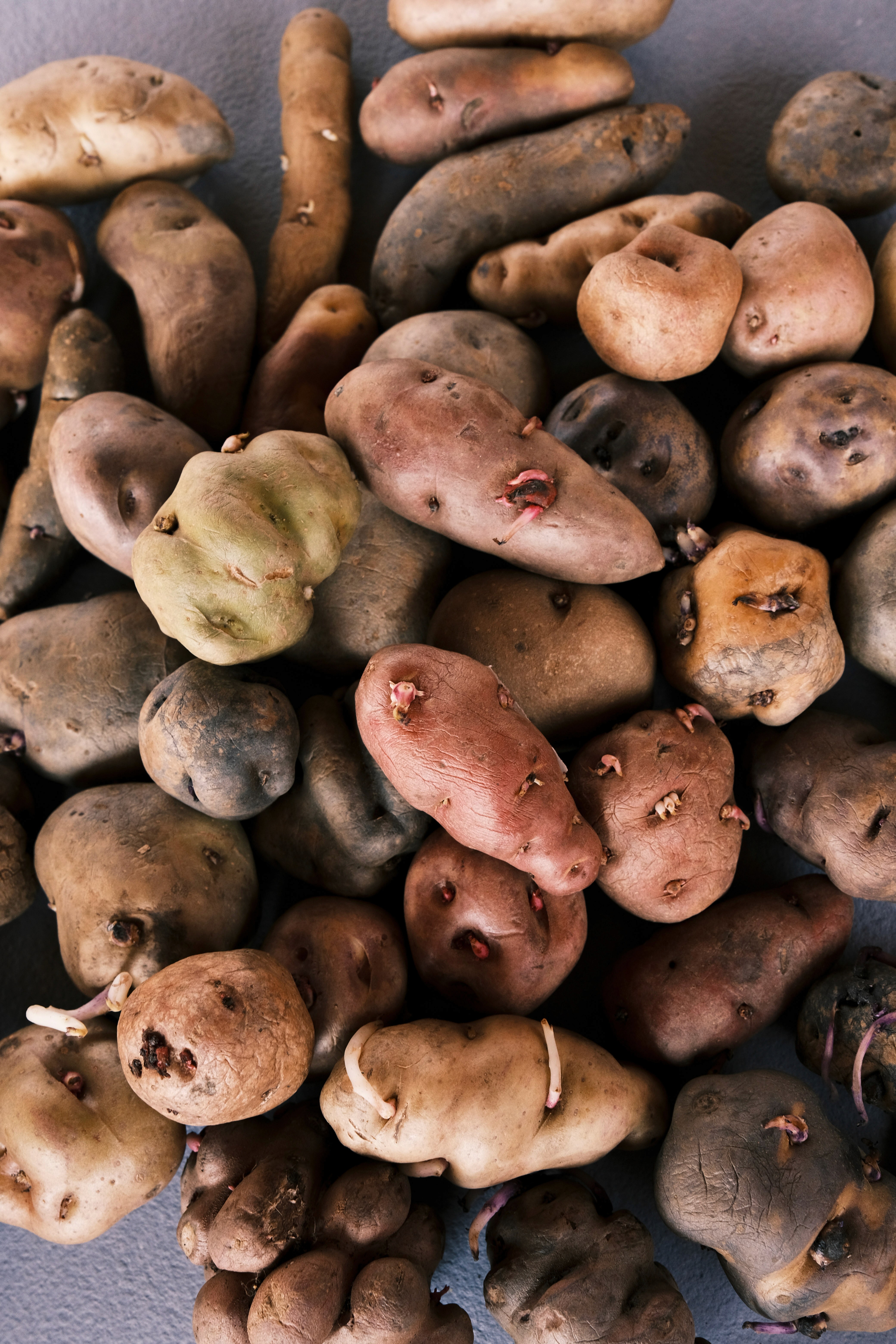
Potato
4.74 Tons
71 Varieties
Quinoa
525 kg
3 Varieties
Corn
350 kg
1 Variety
Haba
219 kg
6 Varieties

Kiwicha
128 kg
3 Varieties
Pea
120 kg
2 Varieties
Oca
116 kg
52 Varieties

Cañihua
63 kg
1 Variety
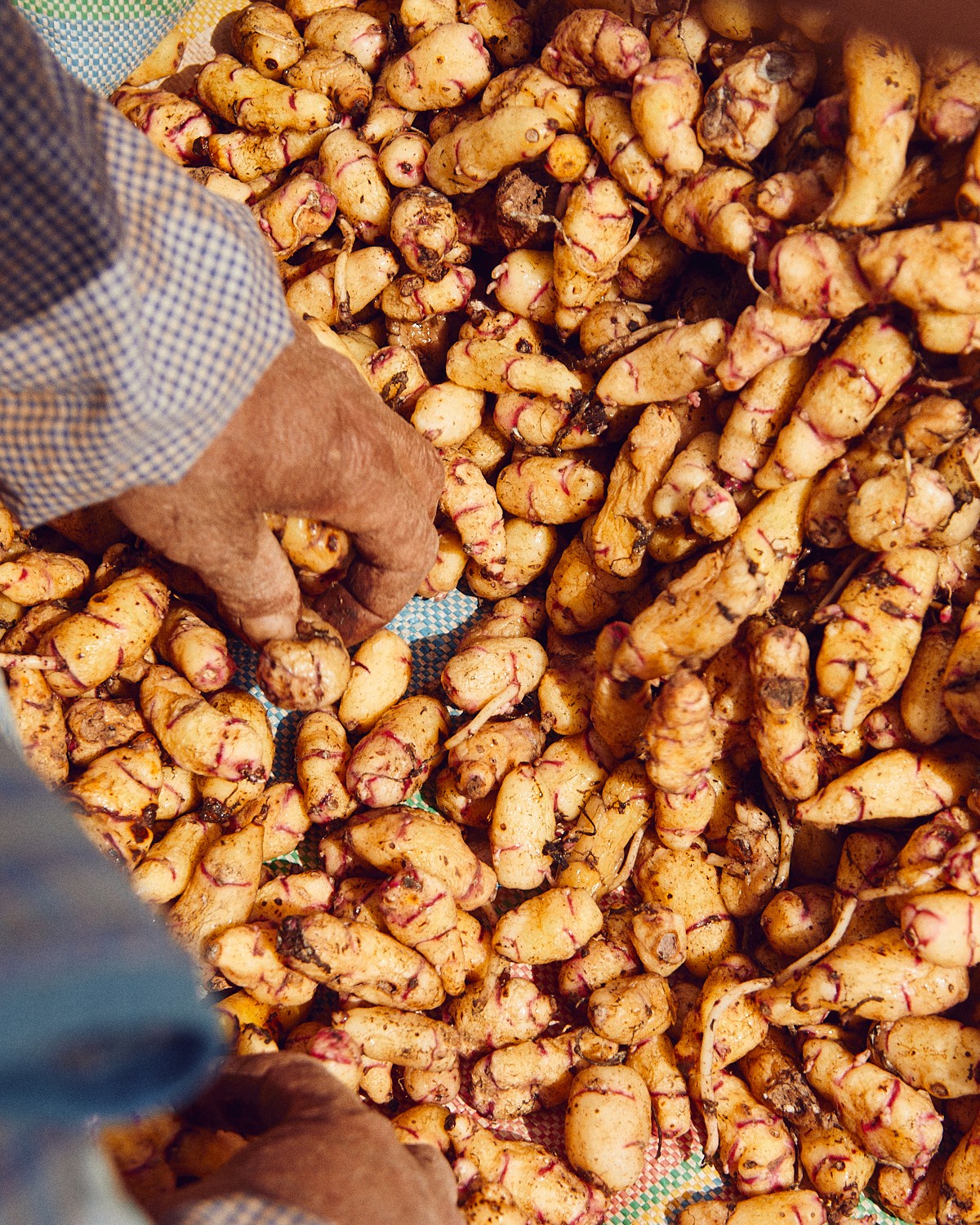
Olluco
40 kg
45 Varieties
Tarwi
29 kg
1 Variety
Mashua
18 kg
15 Varieties
